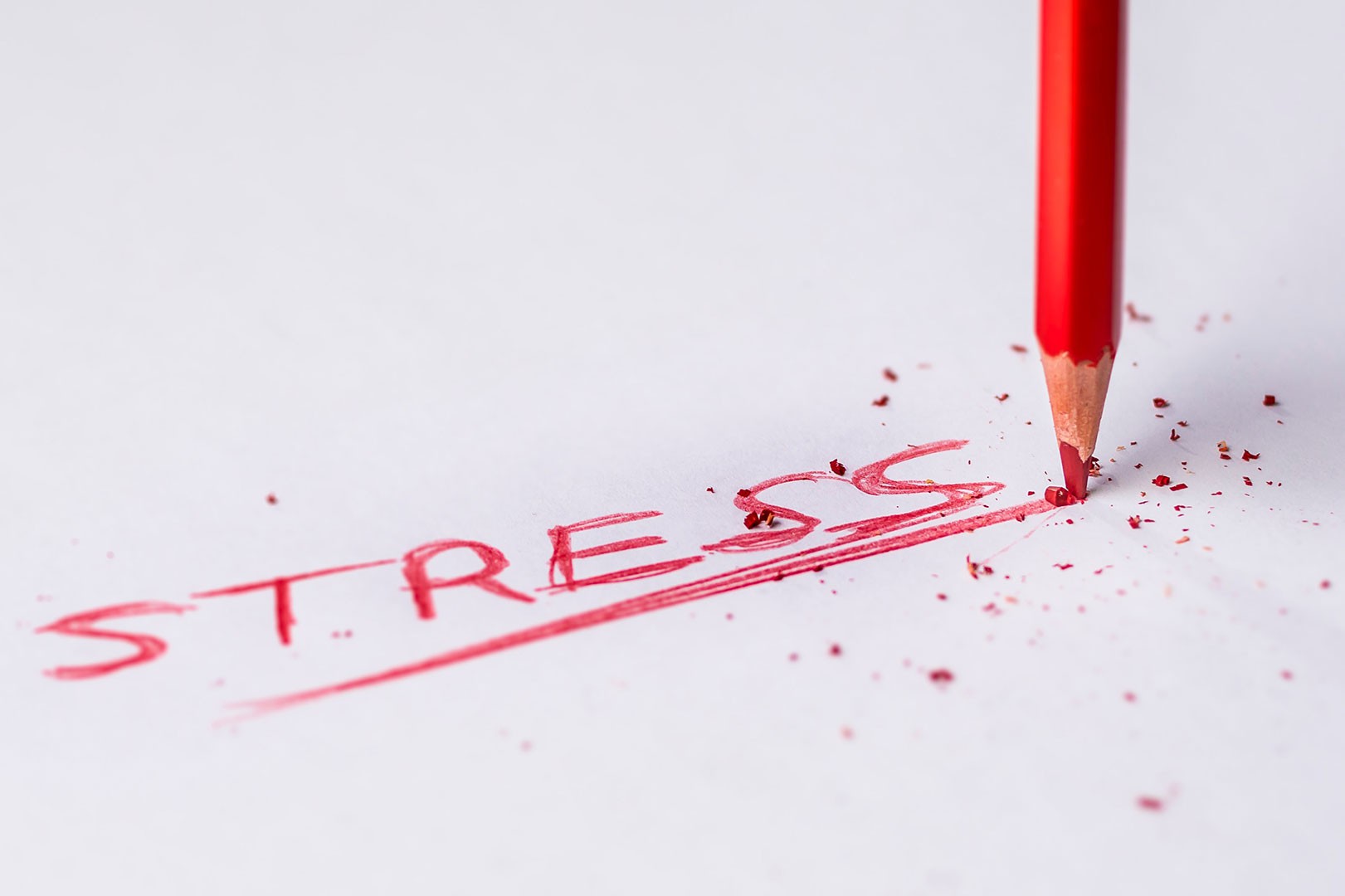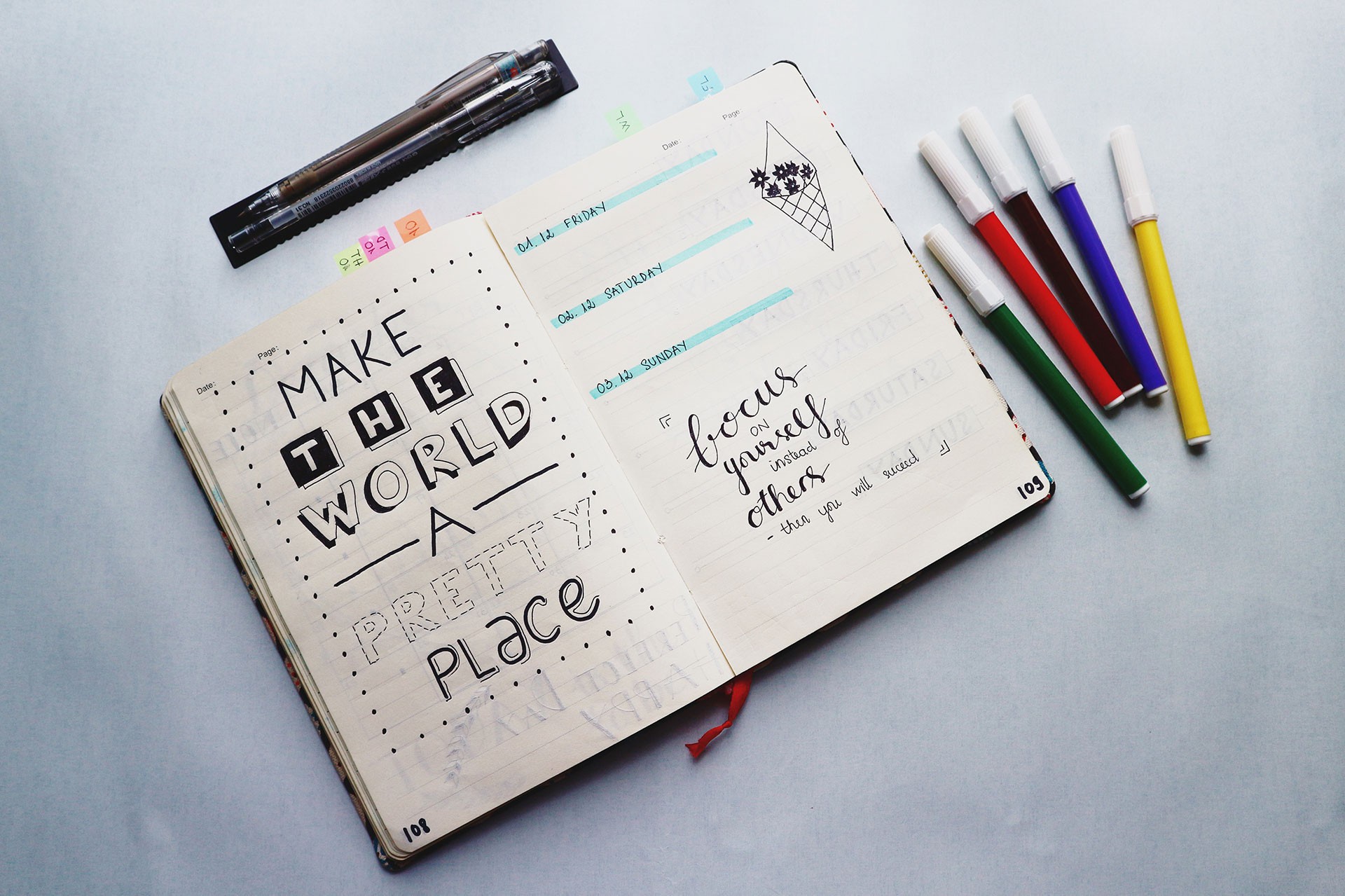
2
AprWhy do you feel fear and uncertainty during the Coronavirus outbreak?
I noticed the first signs of the Coronavirus outbreak when I saw people literally emptying the local supermarkets. Since then, panic buying has become one of the main symptoms of anxiety related to COVID-19. When people get anxious, what exactly are they afraid of? The fields of existential and health psychology give us some good explanations. Let’s have a look.
The unknown
If we need to compare the ongoing situation to other similar situations that occurred in the past, the World War 2 might be the best example for the Western Societies. A war is a situation where people are losing their human rights; they do not have any control over their lives, and they do not know what will happen tomorrow. The only thing that might look familiar is the unknown. From an existential perspective, the only experience that is unknown and that cannot be described by a human being is what happens when people die.
There are some attempts to describe life after death through narratives by near-death experience survivors. The topic obtained scientific recognition after Dr Pin van Lommel, a Dutch cardiologist studied cardiac arrest survivors and published his work in the prestigious medical journal ‘The Lancet’. This was in 2001[1]. Participants in van Lommel’s study described feeling dissociated and detached from their physical bodies during cardiac arrest. Some patients described death as an experience of absolute dissolution, levitation, total serenity, security and warmth.
Despite these positive descriptions, death remains one of the most obscure, indescribable and unspeakable notions. Nobody has never returned to tell us what exactly death is. Situations such as the Coronavirus outbreak unconsciously remind us our own mortality and the limits of our existence. This is why we are afraid. We realise that we might lose everything that we have built so far. We can lose it quickly and efficiently. Fear is even bigger for people who tend to focus their lives on material achievements. Stuff and money do not mean anything when death will come.
Proactivity
Coronavirus outbreak is currently challenging one of our best coping strategies. This is proactivity. Being proactive means continually looking for solutions and taking actions to address problems. Self-isolation challenges proactivity and hinders people’s capacity to act. Instead of acting, people see themselves often negatively reacting to the ongoing situation. Reacting means that you might tend to focus on your negative emotions instead of looking for solutions and applying these solutions. Social media and TV also contribute to the overwhelming effect of negative emotions by continuously bringing to you the collective unconscious mind filled with fear and anxiety. It is everywhere around you. You cannot escape and this makes you feel lost and powerless.
Social support
International research shows that social support is an essential therapeutic factor when it comes to mental health issues, including depression and anxiety. Social support is also currently challenged at the moment. You need time to adapt to online communication. Coronavirus outbreak did not give you time to adapt to the new situation. This is why it might be experienced as a traumatic event by many of you. A traumatic event is something that occurs suddenly and abruptly and people do not have time to create mental representations and reflections around what is going on outside and inside them. The negative impact of social isolation might be stronger for those of you who do not have a good social and family network.
Change in mental representations
A mental representation is a kind of mental graph of how things are defined and what they look like. Compared to definitions in the dictionary, mental representations refer to your own definition of what the world is. The ongoing situation is challenging these definitions. You need to create new ones. You need to adapt to the change in a short period of time. You need to adapt in a good way. The pitfall here is that adaptation strategies may be unhealthy and unhelpful.
To avoid the potential negative impact of the Coronavirus outbreak, check out my short series of 4 articles that teach you how to effectively adapt to the new situation. You can find them here (Part 1), here (Part 2), here (Part 3), and here (Part 4).
Do not hesitate to get in touch on info@angelpsychology.com if you need any professional help. My working schedule remains the same during the Coronavirus outbreak. I will be working every day, including weekends.
Stay safe and look after each other.
With warm wishes,
Dr Ivanka Ezhova (check biography here).
[1] Full reference: van Lommel, P., van Wees, R., Meyers, V., Elfferich, I., 2001. Near-death experience in survivors of cardiac arrest : a prospective study in the Netherlands. The Lancet, 359(9313), 1254. DOI: https://doi.org/10.1016/S0140-6736(01)07100-8
- 2nd Apr, 2020
- Coronavirus & mental health











